Featured News
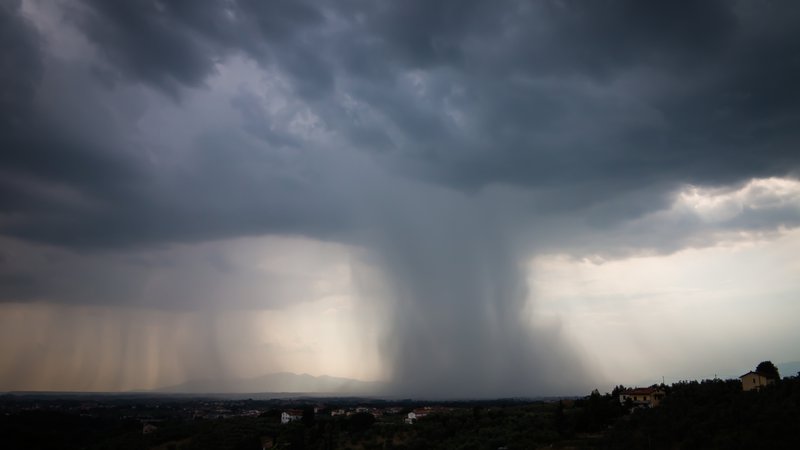
June to September 2025 Seasonal Forecast: Above-Normal Rainfall Expected Across Most Parts of the Greater Horn of Africa

20th May 2025, Addis Ababa, Ethiopia: The IGAD Climate Prediction and Applications Centre (ICPAC) has released the official seasonal climate outlook for the June to September (JJAS) 2025 rainfall season over the Greater Horn of Africa (GHA). The forecast indicates a high likelihood of above-normal rainfall across much of the northern parts of the region. The forecast was issued during the 70th Greater Horn of Africa Climate Outlook Forum (GHACOF 70).
JJAS is a critical rainy season for countries in the northern and western parts of the GHA. It contributes to over 50% of annual rainfall over the northern parts …
All News Updates
Filter by News Type
Filter by Service
Showing 149 results
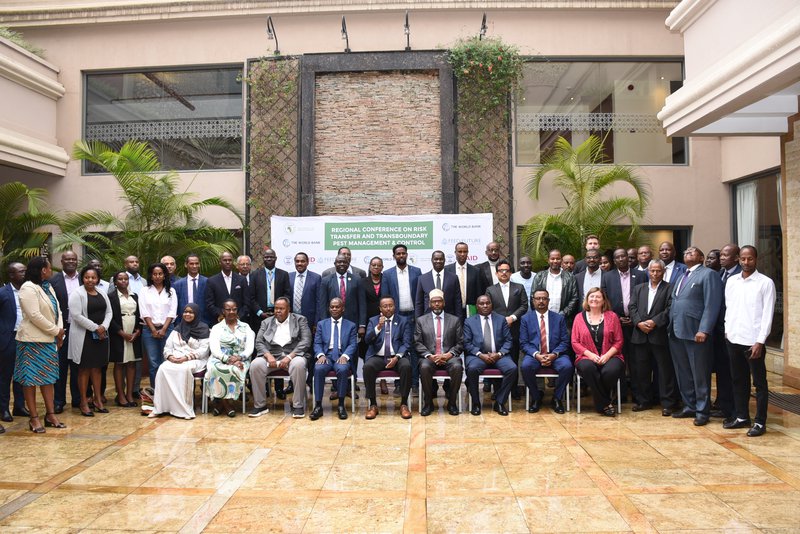
Communiqué of the IGAD Regional Ministerial Meeting on Risk Transfer and Transboundary Pest Management

The Ministers, Heads of Delegations and representatives of Intergovernmental Authority on Development (IGAD) member states, comprised of Djibouti, Ethiopia, Kenya, Somalia, South Sudan, Sudan and Uganda, convened in Nairobi, Republic of Kenya, on 9th August …
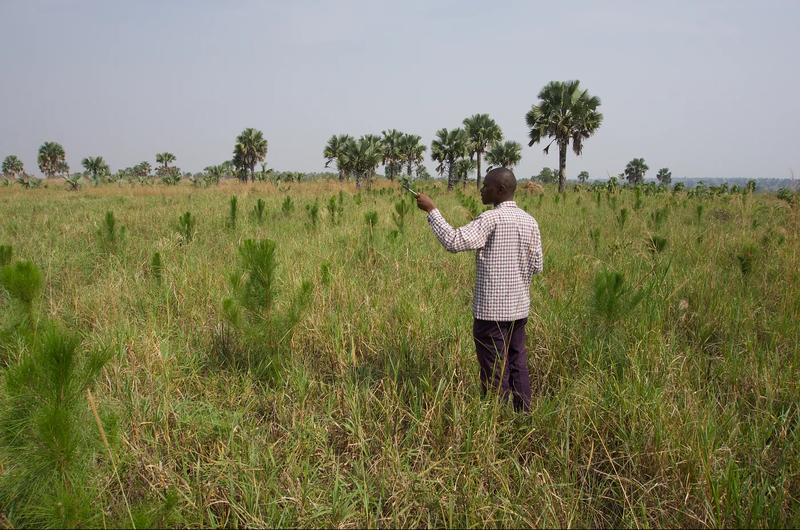
A Comprehensive Approach to Monitoring Reforestation initiatives in the Eastern Africa Region

The need to address deforestation in Eastern Africa has led to numerous reforestation projects at regional and national levels. These initiatives primarily focus on replanting trees in areas affected by deforestation, such as those …
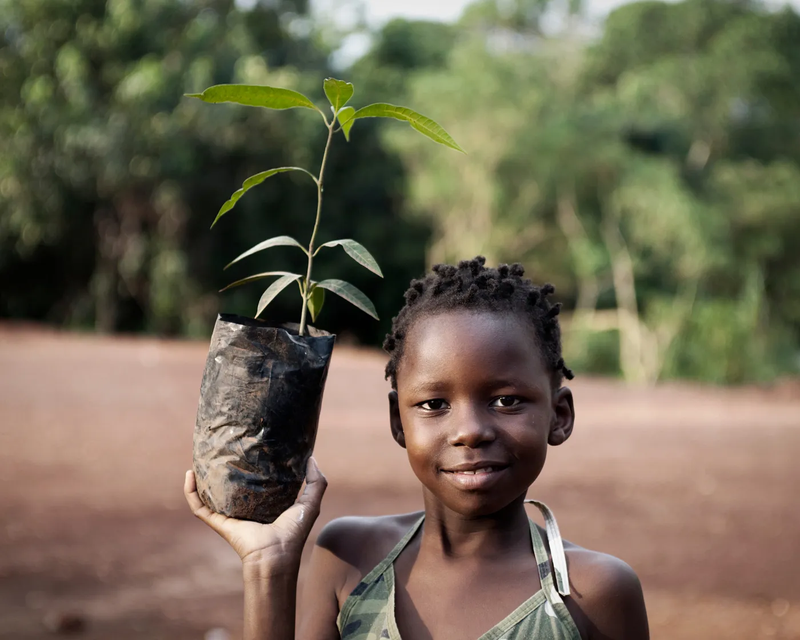
From Forests to Future: The Power of Native Reforestation in Supporting Kenya’s Local Climate

According to recent data on land cover and land use change, it is evident that Kenya has experienced a considerable decline in tree cover, with a loss of 360,824 hectares, between 2001 to 2020 (Butler, …
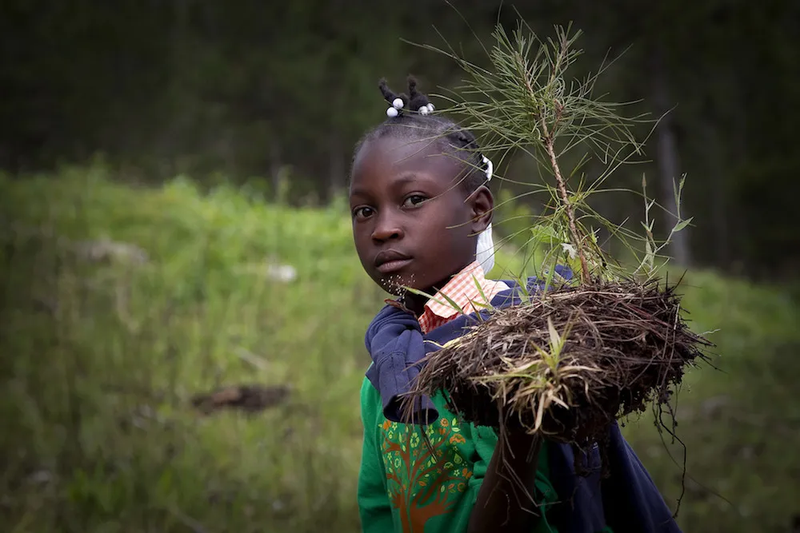
Pursuing Sustainable Development Goal 15: Progress and Challenges in Protecting Life on Land

© Logan Abassi/United Nations via Creative Commons
The world recognizes the importance of protecting and restoring terrestrial ecosystems, which are vital for human well-being, biodiversity conservation, and addressing climate change. The Sustainable Development Goal (SDG) …
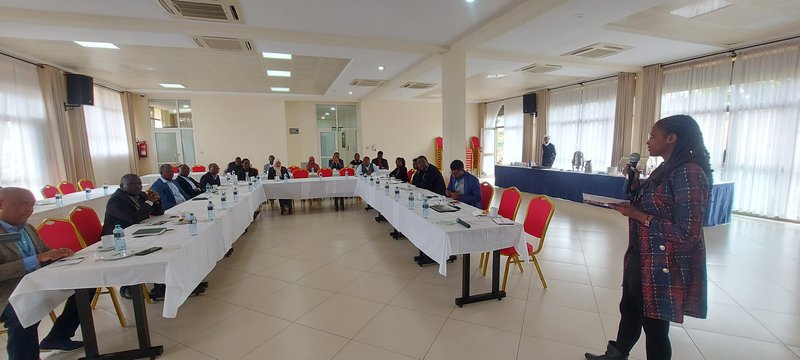
Are Climate Adaptation policies in Eastern Africa sufficient?

Eastern Africa continues to grapple with the effects of climate change disrupting agricultural systems, depleting water resources, threatening biodiversity, and exacerbating existing socio-economic disparities. Governments and international bodies have developed and implemented climate adaptation policies …
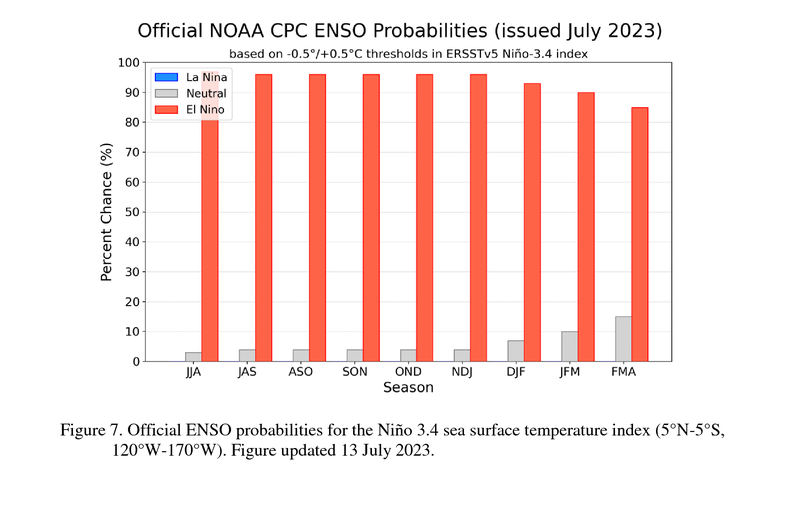
El Niño Southern Oscillation and Indian Ocean Dipole Watch for the Eastern Africa - short rains season (October-December 2023)

The October-November-December (OND) rainfall season in Eastern Africa is significantly influenced by two phenomena: the El Niño Southern Oscillation (ENSO) and the Indian Ocean Dipole (IOD). ENSO is characterised by abnormal warming or cooling of …
